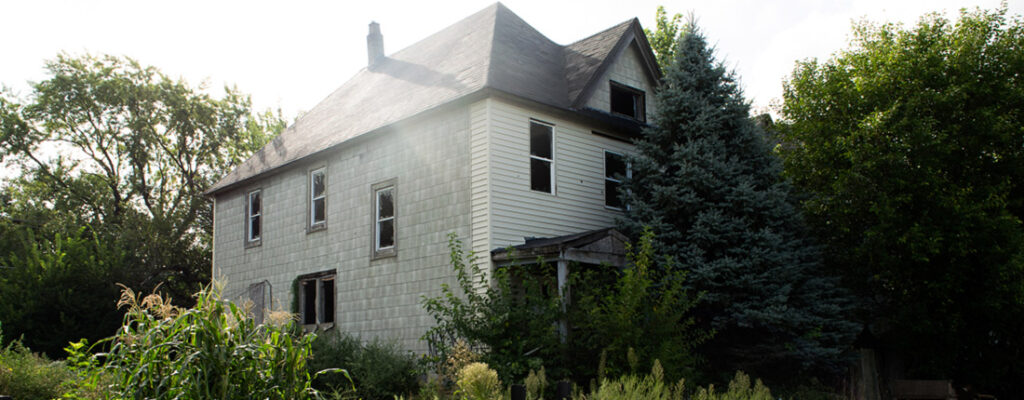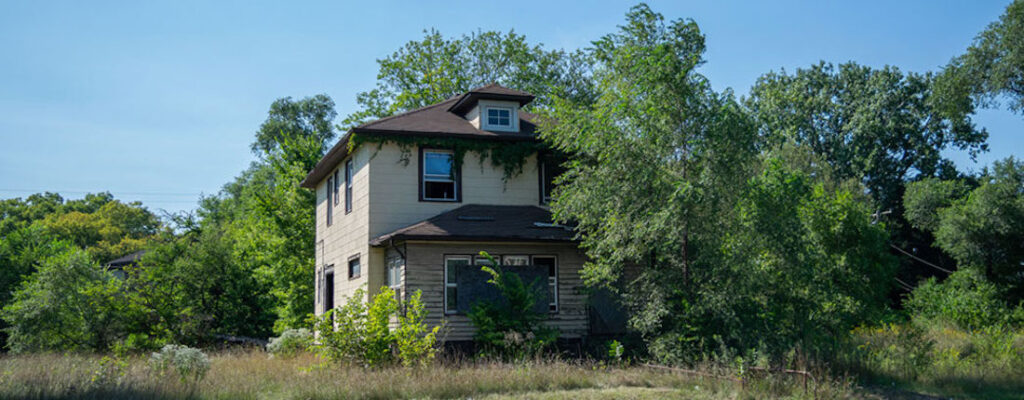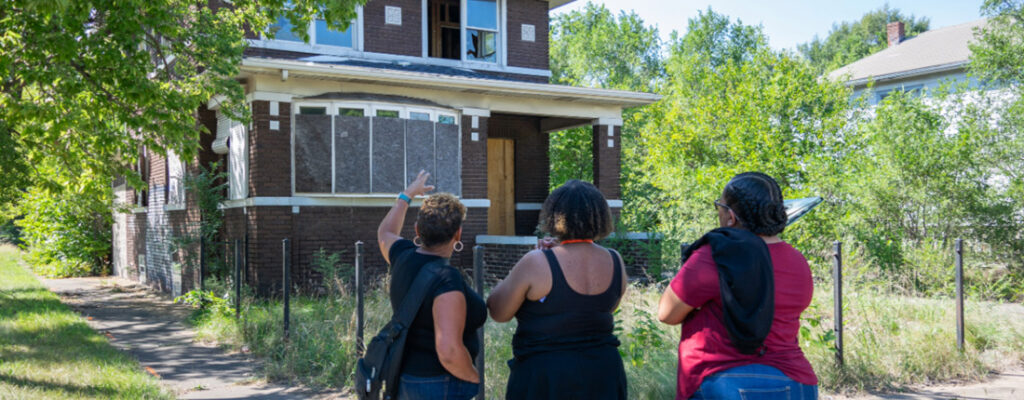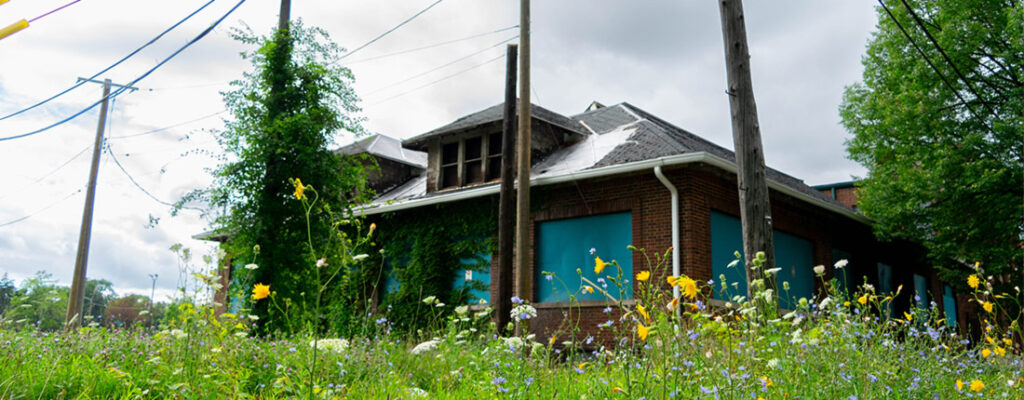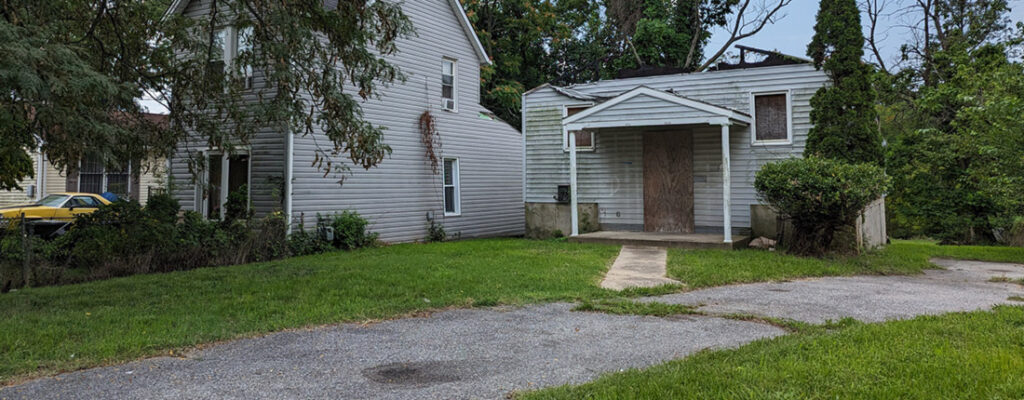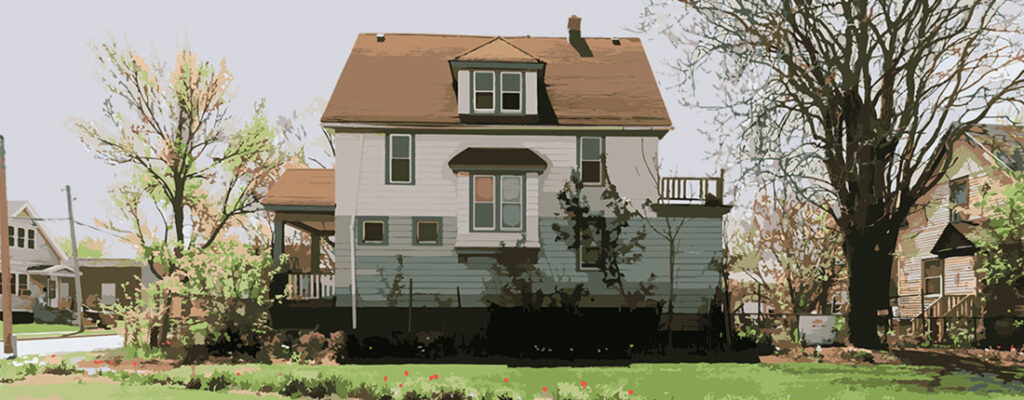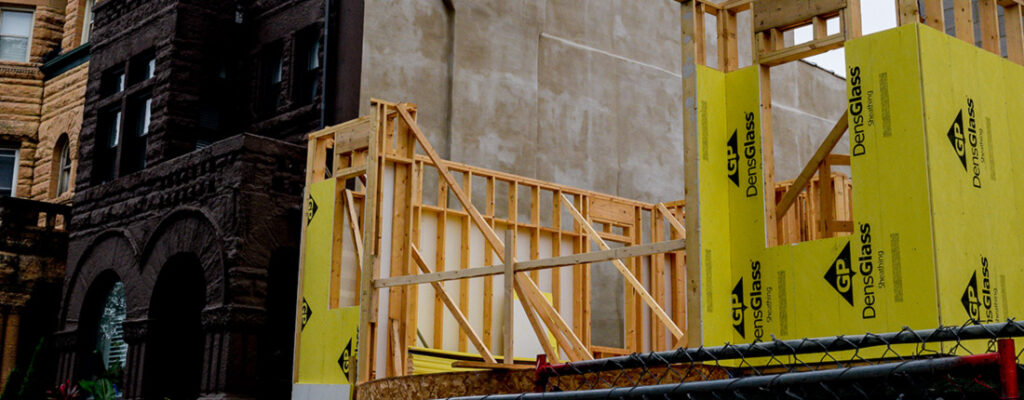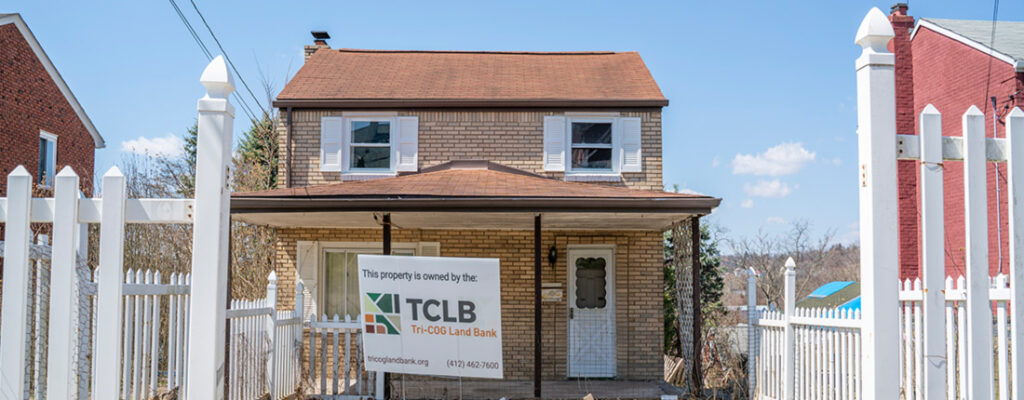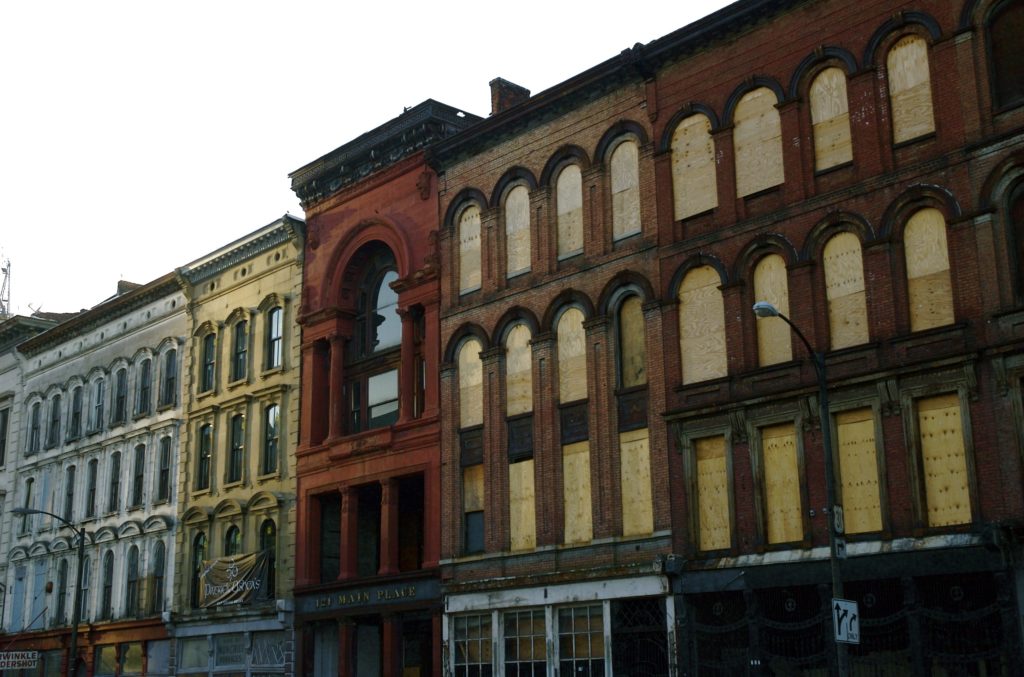Blog
Equitable Revitalization
The pandemic is highlighting the crucial necessity of community developers’ work. Here’s what the field will need to play its part in the recovery. One month ago, when I began the first draft of this article, the world was drastically different. Well before we became part of this new reality,…
Read More »Women’s History Month, which began in 1987, is a month-long celebration of women’s contributions to society, whether in the arts, sports, politics, or music. This month offers us the opportunity to reflect and remember those, often overlooked and underacknowledged, trailblazers who created new paths for past, present, and future generations…
Read More »New Orleans has undergone many transformations in the 10+ years since Katrina. Today, with over half of New Orleans’ residents living in rental housing, and rents rising sharply in many neighborhoods across the city, affordability is becoming an acute problem. These are the findings of a new independent assessment conducted by the Center…
Read More »Originally posted on the National Housing Institute’s Rooflines blog We know a few things about the majority of very low-income renters: They live in private market housing, not tax credit projects or public housing. They receive no housing subsidies. They are paying far more than they can afford for what…
Read More »Cross-posted from Next City, this article is one of a ten-part series inspired by the 2015 Reclaiming Vacant Properties Conference. Heading east along I-94 from Detroit’s resurgent Midtown area, two massive structures loom on the horizon. For passing drivers, they’re awe-inducing symbols of both the city’s former industrial might and the dismaying scale of…
Read More »By Craig Nickerson, National Community Stabilization Trust and Rebecca Regan, Housing Partnership Network In numerous communities today, REO inventories are declining and overall foreclosure rates are at five-year lows; however, the importance of continuing the work of stabilizing hard hit neighborhoods is far from over. Many neighborhoods, often low- to moderate-income…
Read More »Urban school districts are seeing schools close due to population declines, the buildings’ age, and other factors. The trend is particularly pronounced in cities that have faced the decline of large industry and subsequent hard times. Elaborate, sometimes multi-structure facilities once cherished as neighborhood centers – built to provide thousands…
Read More »Originally posted on the National Housing Institute’s Rooflines blog At a conference I attended last week, one of the speakers, a colleague whose judgment and knowledge I respect, offered his take on the future of urban single family neighborhoods. The lower income families who have the credit and can get…
Read More »This article was originally published in the Summer 2014 issue of Breaking Ground, our quarterly newsletter. To receive Breaking Ground in your inbox, please join our email list. It might go without saying, but the City of Flint in 2014 is very different from the Flint of 1960. Decades of…
Read More »It might not be immediately obvious, but in the rubble and decay of vacant, dilapidated properties — those that are so far deteriorated, they’ve been slated for demolition — there is much value to be found. That’s where deconstruction comes into the picture. Deconstruction is the process of salvaging the…
Read More »
